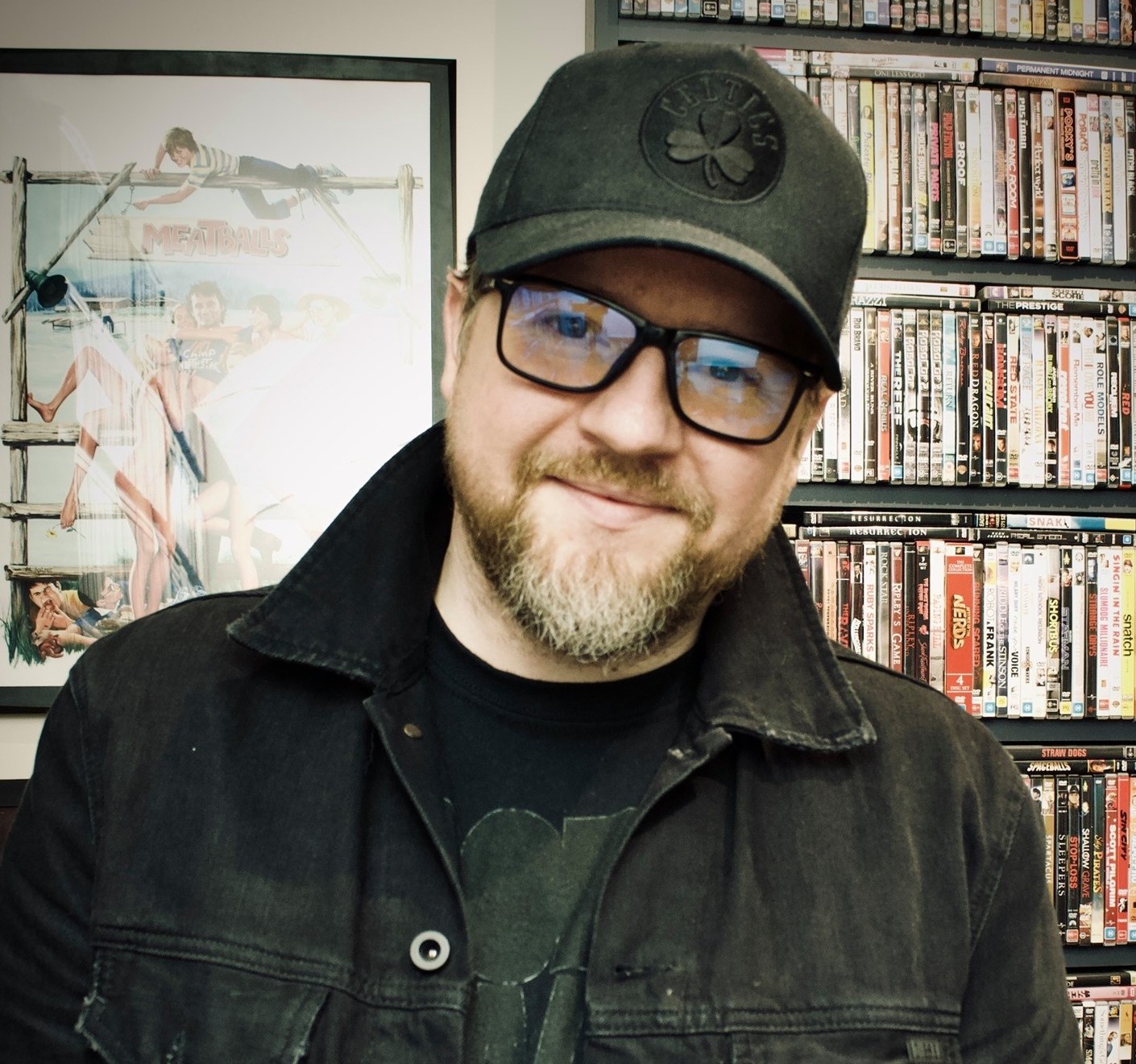
My exploration of Canadian cinema from the 90s brings me to The Sweet Hereafter, a profound film that stands out as one of the best of the decade. I first saw it theatrically in 1996 and have returned to it periodically over the past 21-years. Incredibly, it resonates more than ever, as though time stood still, and yet it resides amongst a horde of forgotten titles, ignored and ““ worse still ““ unknown.
Set in the frozen hinterland of a small British Columbian town, the film revolves around the deaths of 14 children who have perished in a tragic bus accident. A tenacious lawyer (Ian Holm) seeks to bring a class action against whoever is at fault, meeting with grief-stricken parents, the driver and a surviving child, while his pursuit for justice accompanies a narrative that weaves itself amongst the heartbroken community. The film presents a multilayered and multifaceted drama, which explores themes of grief, accountability, adultery and incest ““ amongst others. The result is a haunting film that ought to etch itself into the memory of whoever sees it.
Director Atom Egoyan is known as a provocateur, and prior to The Sweet Hereafter he had earned his reputation with sexually charged films like The Adjuster and Exotica. Yet for this particular film he chose a contrasting and challenging subject; one that would see him nominated for Best Director at the Academy Awards (he lost to James Cameron ““ Titanic). He has made many films since ““ such as Where The Truth Lies, Devil’s Knot and The Captive ““ and with none of them reaching the level of craftsmanship and brilliance as The Sweet Hereafter, it is safe to consider it his masterpiece.

The first striking quality is the cinematography. Long time Egoyan stalwart Paul Sarossy guides his camera over the frozen landscapes as gracefully as a skater might glide across ice. He somehow captures an odd warmth within the harsh winter chill, and with other snow-laden films like Affliction and The River King under his belt, it might be safe to assume that he knows the glacial lifestyle well.
Accompanying Sarossy’s handiwork is a chilling score from Mychael Danna, who would go on to win an Oscar for his work in Life of Pi. His music compliments Egoyan’s unwavering direction and helps to paint an atmospheric and poignant portrait of loss. There are fleeting moments, which (to me) recall the haunting flutes of Picnic At Hanging Rock, and with that film also chronicling the loss of school children, I can’t help but think that there’s an intentional cue at play. The score is also reminiscent of Fargo ““ as is the film’s overall texture ““ and various other musical signals layer the story throughout. Egoyan rearranged popular Canadian songs, with actress Sarah Polley on vocals, and he places them among the weighty, dramatic moments. The effect is quite chilling, and to add further goosebumps to the mix, the use of Canadian singer Gord Downie’s music (performed by his band The Tragically Hip) is particularly moving given his recent death to brain cancer.
The cast is comprised of exquisite performances from a brilliantly chosen ensemble of players. Ian Holm (Alien, The Lord of the Rings) leads the film with a turn that is both complex and ambiguous. His intentions are never quite clear as he swoops upon a grieving community with the promise of victory, all the while distracted by his own personal struggles. One moment his character is sincere and tender, and the next moment he’s selfish and obnoxious. It’s a well-measured performance from Holm, and I would consider it to be his best. Sarah Polley (Dawn of the Dead, Mr Nobody) is also great, and her role in this film ““ despite having been a child actor for several years prior ““ is arguably what put her on the map. Other notable players include an unrecognisable Bruce Greenwood (also the performance of his career), Maury Chaykin, Earl Pastko and Gabrielle Rose.

Egoyan’s screenplay, adapted from a novel of the same name by Russell Banks, is a brilliant piece of writing, providing the foundation for his masterpiece. It is a complex character study of conflicting perceptions, uncertain accountability and misplaced anger. Each character is as fleshed out as possible, and all avenues of examination are exhausted. The writing and direction never falters, nor does any other component, and we’re left with a pitch perfect product… albeit a forgotten one.
So far my series of Hidden Gems from Canadian cinema of the 90s has included The Hanging Garden, 32 Short Films About Glenn Gould and Road Kill, and I hope they have inspired people to seek out these wonderful films. Just as a new Australian cinema was exploding during this time (Romper Stomper, The Adventures of Priscilla, Queen of the Desert, Muriel’s Wedding, etc), so too was the Canadian scene, and I was lucky enough to have been travelling between both countries to witness the arrival of some truly incredible films. What to cover next!? So much to choose from…










